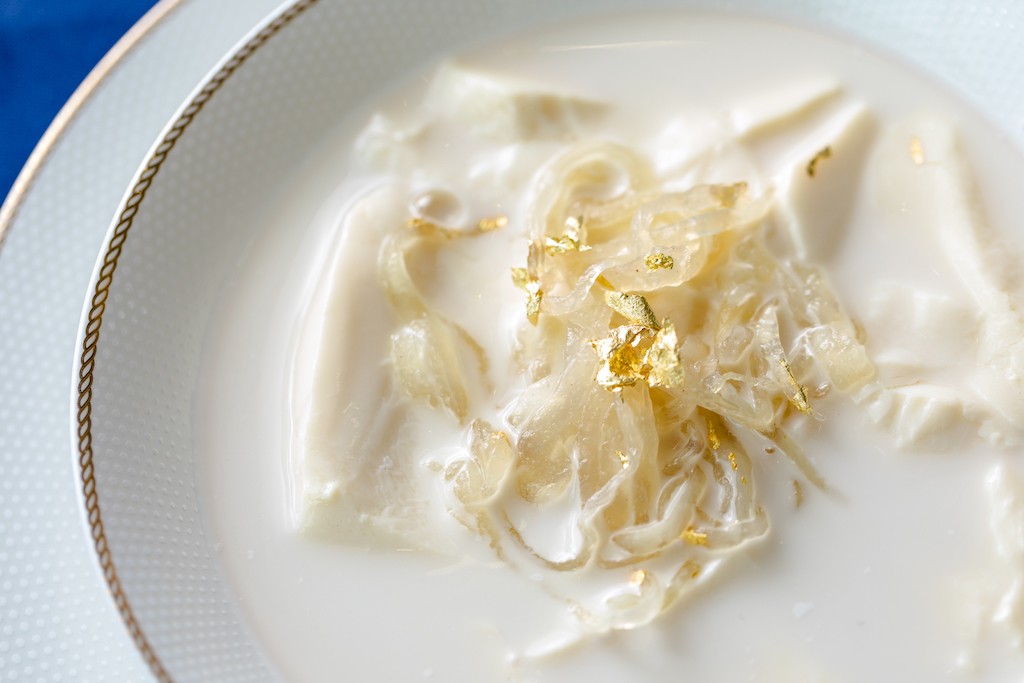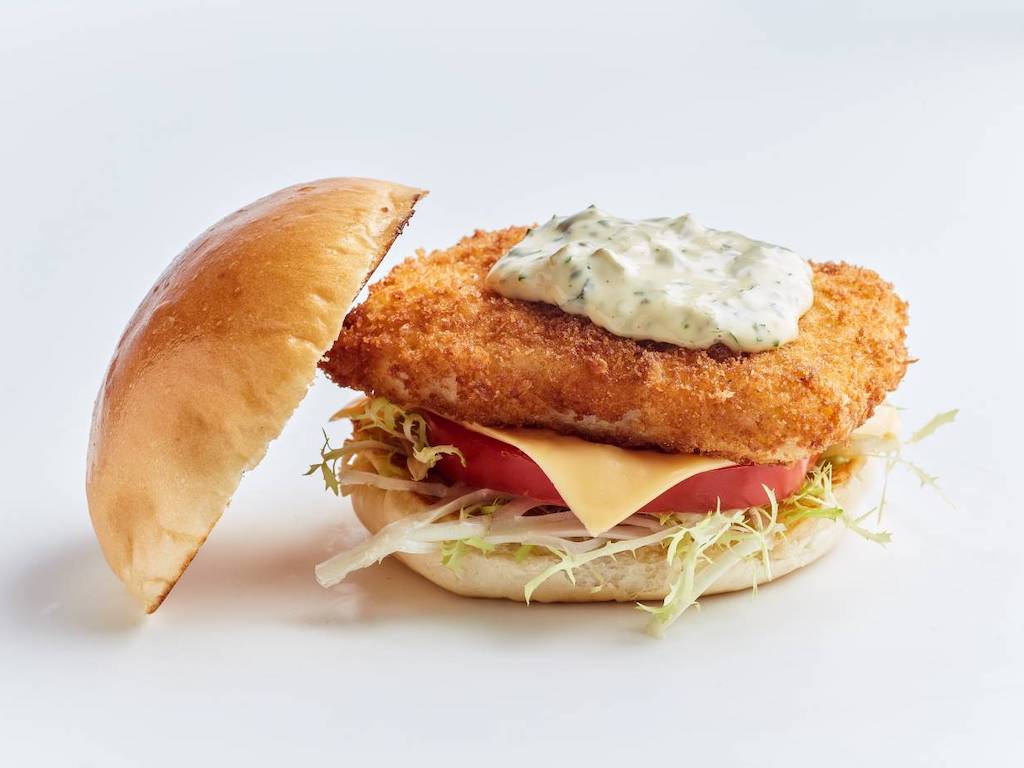3 Mins Read
Hong Kong-based Avant, the startup making fish proteins directly from cells, has been named one of the world’s 100 most promising Technology Pioneers for 2021. The list, selected by the World Economic Forum (WEF), identifies companies that are disrupting industries using new technologies that are set to have a positive impact on health, the environment and society.
Avant has been chosen as one of the Technology Pioneers for 2021 by the WEF, selected for its contributions in the category of Global Public Goods. Founded in 2018 and headquartered between Hong Kong and Singapore, where it has recently established an R&D base, the startup uses cellular agriculture technology to cultivate fish proteins directly from cells.
By eliminating the need to farm or catch seafood from the wild, Avant’s cell-based proteins for food, skincare and functional applications come with a far lighter environmental footprint, alleviates the pressure on depleting ocean fish stocks and the other harms associated with the seafood industry, from its role in fuelling plastic ocean pollution, to traceability issues and human rights violations.

Avant’s end-to-end technology platform also enables local production of fish proteins, enabling a further reduction in greenhouse gas emissions from transportation and reducing countries’ reliance on food imports. For cities like Hong Kong and Singapore, it presents an additional food resilience solution to defend against supply chain shocks.
We believe a technology-enabled food industry allows more efficient use of natural resources and lands for the growing population on this planet.
Carrie Chan, Co-Founder & CEO, Avant
Other companies that were awarded in the Global Public Goods category of the Technology Pioneers list for 2021 include India-based tech-driven recycling startup Banyan Nation, U.S. carbon emissions measurement and reporting firm Sinai Technologies, and Israeli agricultural analytics company CropX.
Commenting on the award, Avant co-founder and CEO Carrie Chan said: “We are honoured to be recognised as a technology pioneer by the World Economic Forum. It is an affirmation that our technology is at the forefront of the alternative protein industry.”
“Our solution helps to reduce the carbon footprint of the fish protein supply chain. We believe a technology-enabled food industry allows more efficient use of natural resources and lands for the growing population on this planet. We look forward to exchanging knowledge with fellow pioneers on the Forum,” Chan added.

The WEF also awarded companies in a number of other fields, including AI and IoT, robotics, blockchain and biotech, all of whom were recognised for their role in addressing some of the most pressing issues in society. This year’s list saw startups hailing from more than 26 countries globally.
As part of being chosen as a Technology Pioneer, Avant will be participating in WEF activities and discussions throughout 2021, as well as initiatives over the next two years.
Having just set up its R&D and pilot manufacturing plant in Singapore and partnering with Guangdong-based QuaCell to slash costs by 90%, Avant says that it is on track to launch its cell-cultured seafood aimed at disrupting the US$60.5 billion seafood market.
It previously debuted several prototypes, including the regionally prized delicacy fish maw, as well as Asia’s first-ever cultured fish fillet in a recent cooking demonstration led by prominent Hong Kong Chef Eddy.
Outside of the food sector, Avant has already commercialised a product for the cosmeceutical industry, a cultivated bioactive functional protein with animal-free marine peptides, which is designed to replace the use of collagen.
Lead image courtesy of Avant.




